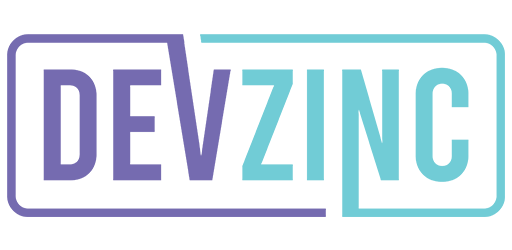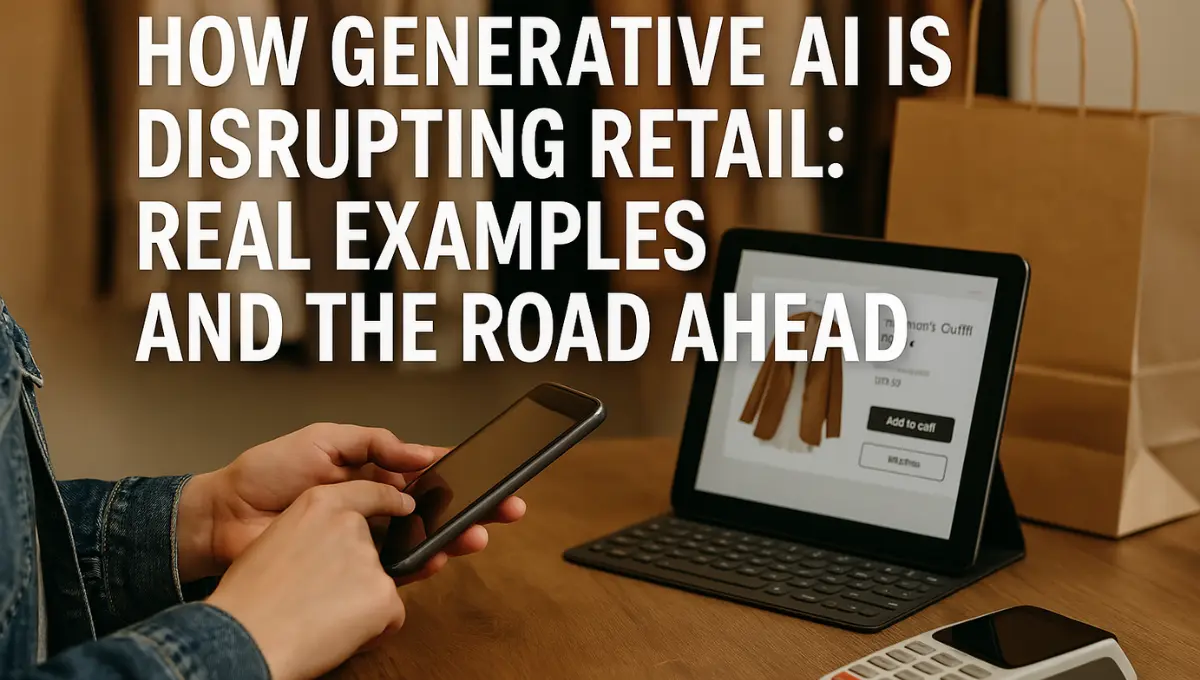Introduction: Welcome to the AI-Powered Healthcare Era
The healthcare industry is undergoing a seismic shift—one driven by the transformative power of artificial intelligence. Among the most groundbreaking technologies leading the charge is Generative AI.
Once known only for creating digital art and writing essays, generative AI now plays a pivotal role in saving lives, speeding up research, and reimagining patient care. The question is no longer if this technology will impact healthcare, but how fast.
In this blog, we explore the powerful use cases of generative AI in healthcare, the challenges that come with it, and what the future holds. Whether you’re a healthtech startup, medical researcher, or hospital executive, this guide will show you why now is the time to adopt AI-powered solutions.
What Is Generative AI (and Why It Matters in Healthcare)?
Generative AI refers to models that can generate new content—like text, images, audio, or even synthetic data—based on the data they’ve been trained on. Popular models include GPT (by OpenAI), Google’s Med-PaLM, and Meta’s LLaMA.
In healthcare, these models are trained on massive datasets of patient records, medical literature, clinical trial data, and more. The result? AI tools that can:
- Write clinical notes
- Diagnose diseases
- Predict patient outcomes
- Simulate medical scenarios
- Generate drug molecules
- Personalize treatment plans
This is the future of AI-powered healthcare, and it’s already unfolding.
Real-World Applications of Generative AI in Healthcare
Let’s break down how generative AI is making an impact—right now.
1. Advanced Medical Imaging and Diagnostics
AI systems trained on millions of medical scans can detect abnormalities with high precision. Generative models assist in enhancing images, reducing noise, and even predicting future disease progression.
Example:
Google’s DeepMind has developed an AI system that can detect over 50 eye diseases as accurately as world-leading experts.
2. Drug Discovery and Molecular Simulation
Traditional drug development can take over 10 years. Generative AI shortens this to months by simulating how molecules interact with diseases and suggesting optimal compound structures.
Example:
Insilico Medicine used generative AI to design a new drug candidate for pulmonary fibrosis in under 18 months—a process that normally takes years.
3. AI-Powered Medical Documentation
Generative AI tools like Nuance’s Dragon Medical One and Microsoft Copilot help doctors by auto-generating clinical notes, summaries, and prescriptions—freeing up time for actual patient care.
Result:
Doctors report saving up to 2 hours per day, significantly reducing burnout.
4. Personalized Treatment and Precision Medicine
AI can integrate genetic data, lifestyle choices, and patient history to craft a hyper-personalized treatment plan—especially crucial in cancer treatment, psychiatry, and chronic disease management.
Example:
IBM Watson has helped oncologists generate custom treatment options based on patient-specific data.
5. Synthetic Patient Data for Research & Training
Privacy laws often restrict the use of real patient data. Generative AI can create synthetic data that mimics real-world patterns without compromising patient privacy—enabling research, model training, and compliance.
Bonus:
Synthetic data reduces costs and helps avoid data scarcity issues in rare disease research.
6. Virtual Health Assistants and Chatbots
AI chatbots are no longer basic FAQ bots. Generative AI allows them to act as triage assistants, appointment schedulers, symptom checkers, and even mental health coaches.
Example:
Ada Health and Babylon use conversational AI to assist millions with initial diagnoses.
7. Predictive Analytics and Early Diagnosis
By analyzing historical health data, AI can predict disease risk before symptoms appear—allowing early intervention.
Example:
AI models have predicted conditions like heart failure, diabetes, and Alzheimer’s years before clinical diagnosis.
Challenges in Generative AI Adoption in Healthcare
Despite its promise, several hurdles must be addressed:
- Bias in training data: If AI is trained on non-diverse datasets, it can produce inaccurate results.
- Privacy and compliance: Healthcare AI must adhere to strict regulations like HIPAA, GDPR, etc.
- Black-box problem: Many AI systems are hard to interpret—transparency is crucial in medical decision-making.
- Integration: Seamless integration with existing EHR and hospital systems is still a work in progress.
Key takeaway: Adoption must be ethical, secure, and explainable to build trust among patients and professionals.
Key Statistics: The Growth of AI in Healthcare
- The global AI in healthcare market is expected to reach $187 billion by 2030.
- Over 40% of healthcare providers have already adopted some form of AI.
- AI could save the healthcare industry up to $150 billion annually by 2026 (Accenture).
The Future of Generative AI in Healthcare
Expect exponential innovation in the next 5–10 years. Here’s what’s coming:
- Autonomous robotic surgeries with real-time AI feedback
- Voice-to-chart systems replacing manual data entry
- AI-assisted mental health therapy through virtual agents
- Real-time health monitoring wearables powered by AI predictions
- Decentralized AI models preserving privacy while offering personalized recommendations
Imagine: A patient walks into a clinic, an AI assistant already analyzed their wearables, prepared the file, suggested diagnostic tests, and even drafted potential treatment options—all before the doctor sees them.
Why Healthcare Organizations Must Act Now
Ignoring AI is no longer an option. Hospitals, clinics, and pharma companies that fail to adapt will fall behind in efficiency, cost management, and quality of care.
Here’s what early adopters gain:
- Competitive advantage
- Higher patient satisfaction
- Lower operational costs
- Improved clinical outcomes
Final Thoughts
Generative AI is not just reshaping healthcare—it’s redefining it. As models become smarter and datasets more comprehensive, expect to see more personalized, efficient, and predictive care across the board.
The future of healthcare is not just digital—it’s intelligently generative.





